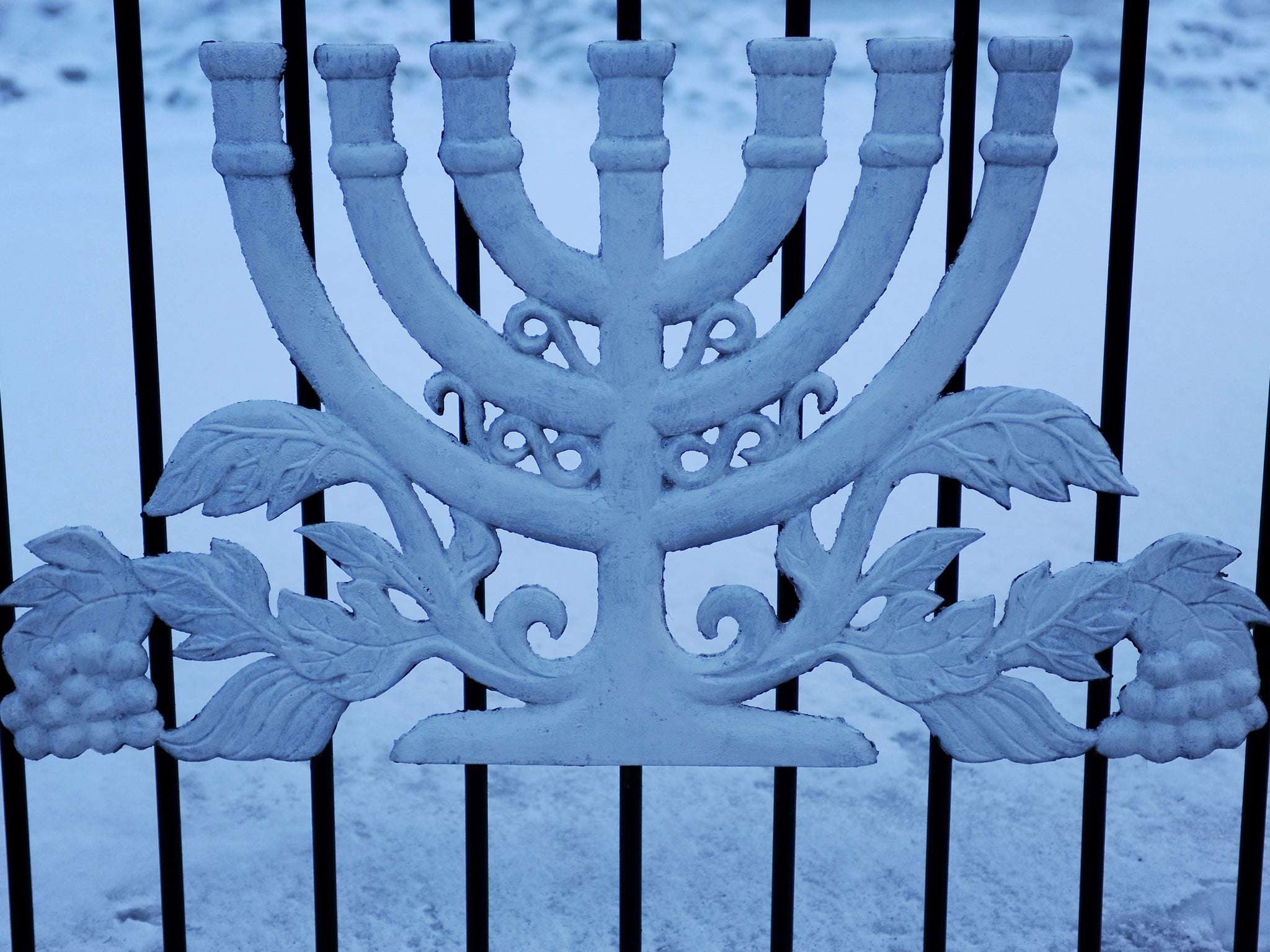Seven is probably your favourite number, but do you know why?

Hooray for heptophiliacs: A recent study has found that the world’s favourite number is seven. We know there are seven days in a week and seven notes on the musical scale, but did you feel an unwarranted attraction to the sleek prime number – or any other figure, for that matter? Fret not, because you’re not the only one.
London-based mathematician Alex Bellos carried out the online survey to research the “emotional connection” that people have with numbers. The survey, which attracted over 44,000 respondents, found that 3, 8, 4 and 5 took second, third, fourth and fifth place respectively. Weirdly, 110 came last.
But why were we drawn to these numbers in the first place? Their significance throughout culture, religion and history might have something to do with it.
SEVEN
In Christianity there are seven deadly sins, whilst in Judaism the seven-branched menorah symbolises the creation in seven days.
Ancient Egyptians believed that there were seven gates to heaven and seven heavenly cows.
In China, seven is lucky because it sounds similar to, the Chinese word ‘qǐ’ meaning ‘arise’ and ‘life’.
The number 7 also features prominently in folk sayings – for instance, you get seven years of bad luck for breaking a mirror.
THREE
In Christianity, the holy trinity is the Father, the Son and the Holy Spirit.
The philosopher Plato saw three as the symbol of the triangle – a fundamental shape which he believed the world was built of.
In China, three is also significant because it sounds like the word ‘birth’ (‘shēng’) and represents three important stages in life – birth, marriage and death.
Fairy tales are also chock-a-block with the digit (three wishes, three little pigs, three bears… the list goes on).
EIGHT
Eight is associated with paradise and is symbolic with infinity. Muslims believe that there are eight paradises, and in Babylonian myth, the gods lived in an eight realm.
In Buddhism, eight is a lucky number – possibly because of eight traditional good luck omens, or because lotuses, which are a lucky symbol, have eight petals.
FOUR
Four represents the order of the universe. There are four elements, four seasons and four points of the compass.
In China, four is unlucky because the word for four sounds like the word for death (‘sǐ’).
FIVE
Five is a sacred number in Islam; the five Pillars of Islam are declaration of faith, prayer, fasting during Ramadan, giving alms, and making pilgrimage to Mecca. Prayers are said five times every day and there are also five law-giving prophets.
Join our commenting forum
Join thought-provoking conversations, follow other Independent readers and see their replies
0Comments